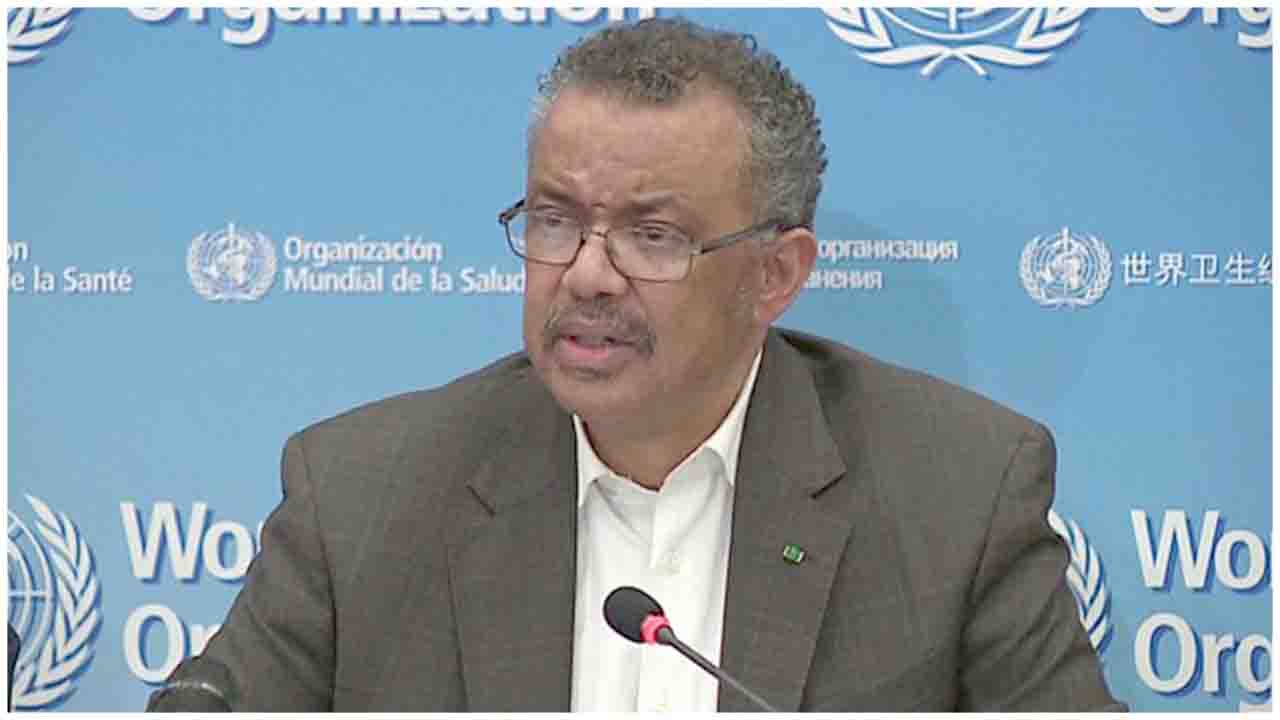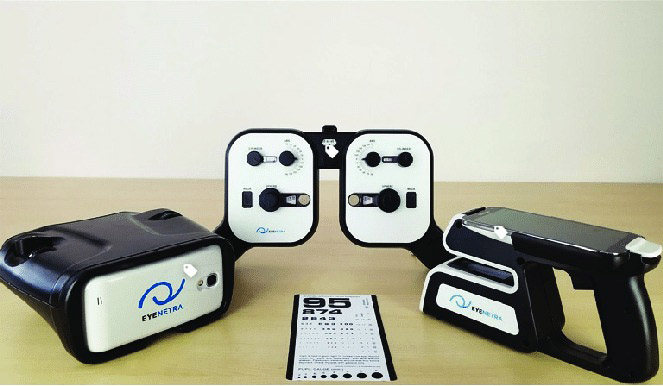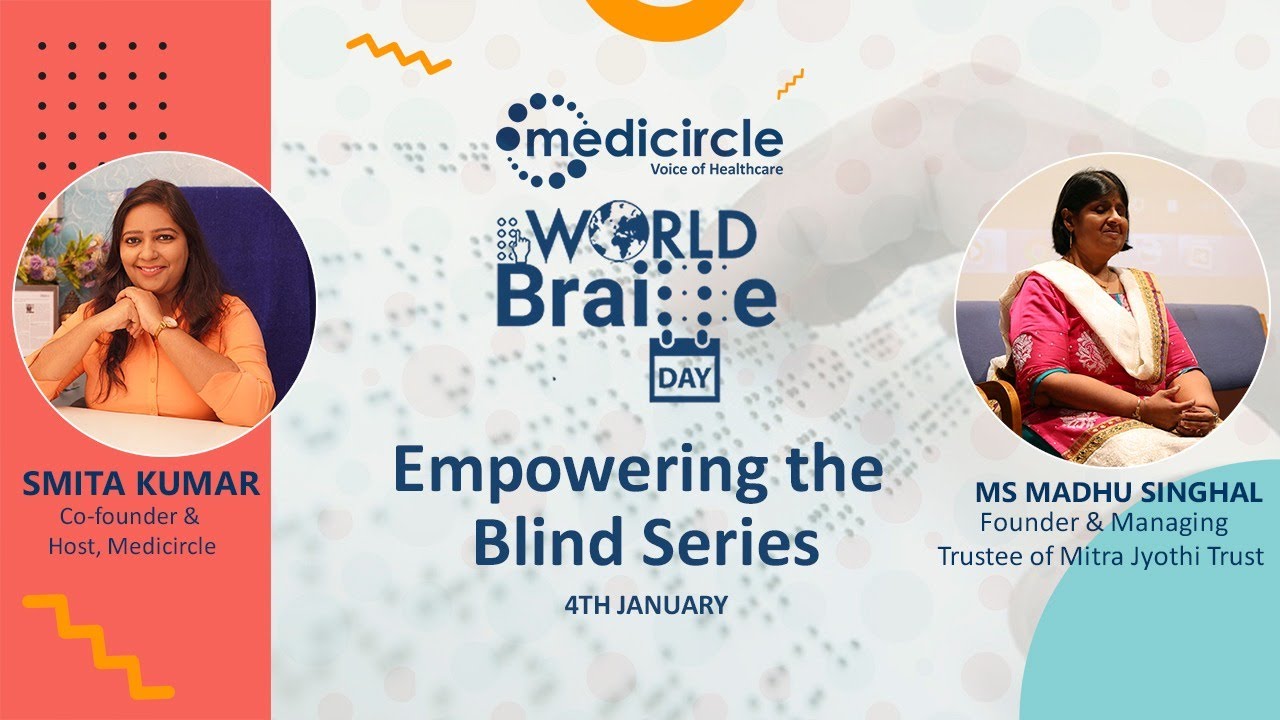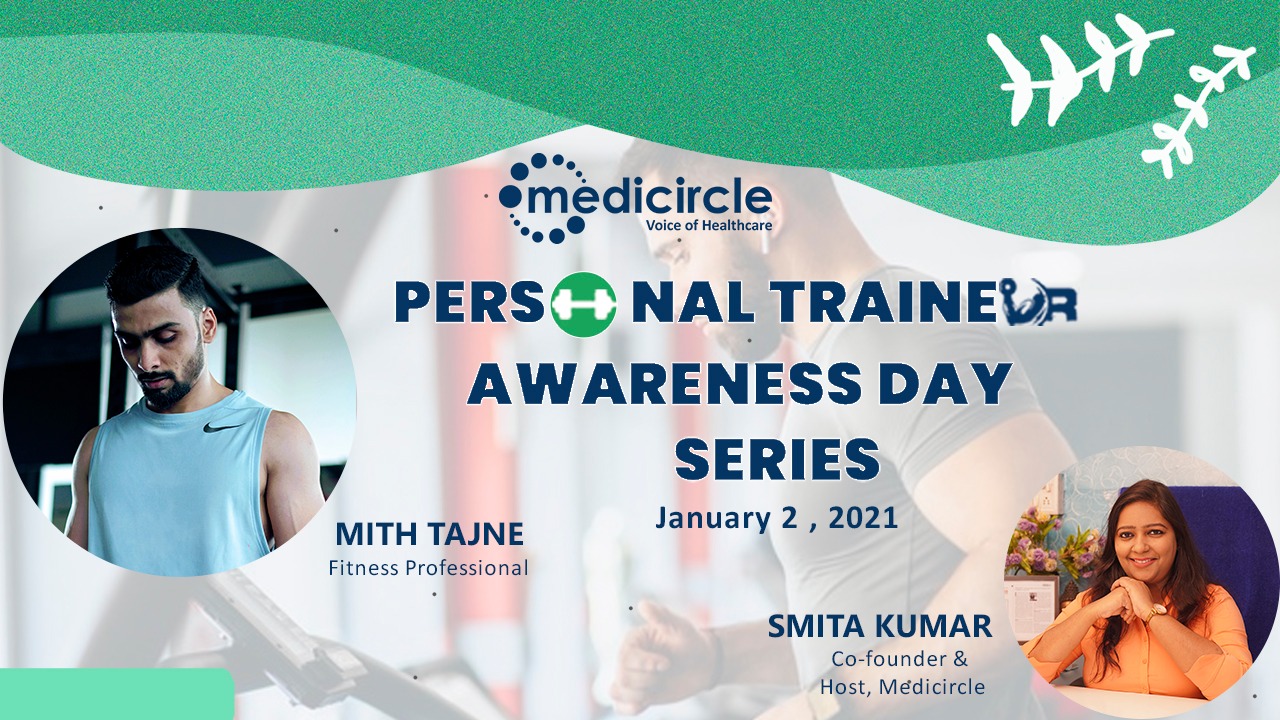Seventy-three countries have warned that they are at risk of stock-outs of antiretroviral (ARV) medicines as a result of the COVID-19 pandemic, according to a new WHO survey conducted ahead of the International AIDS Society’s biannual conference. Twenty-four countries reported having either a critically low stock of ARVs or disruptions in the supply of these life-saving medicines.
The survey follows a modelling exercise convened by WHO and UNAIDS in May which forecasted that a six-month disruption in access to ARVs could lead to a doubling in AIDS-related deaths in sub-Saharan Africa in 2020 alone.
In 2019, an estimated 8.3 million people were benefiting from ARVs in the 24 countries now experiencing supply shortages. This represents about one third (33%) of all people taking HIV treatment globally. While there is no cure for HIV, ARVs can control the virus and prevent onward sexual transmission to other people.
A failure of suppliers to deliver ARVs on time and a shut-down of land and air transport services, coupled with limited access to health services within countries as a result of the pandemic, were among the causes cited for the disruptions in the survey.
The findings of this survey are deeply concerning,” said Dr Tedros Adhanom Ghebreyesus, WHO Director-General. “Countries and their development partners must do all they can to ensure that people who need HIV treatment continue to access it. We cannot let the COVID-19 pandemic undo the hard-won gains in the global response to this disease.
Stalled progress
According to data released today from UNAIDS and WHO, new HIV infections fell by 39% between 2000 and 2019. HIV-related deaths fell by 51% over the same time period, and some 15 million lives were saved through the use of antiretroviral therapy.
However, progress toward global targets is stalling. Over the last two years, the annual number of new HIV infections has plateaued at 1.7 million and there was only a modest reduction in HIV-related death, from 730 000 in 2018 to 690 000 in 2019. Despite steady advances in scaling up treatment coverage – with more than 25 million people in need of ARVs receiving them in 2019 – key 2020 global targets will be missed.
HIV prevention and testing services are not reaching the groups that need them most. Improved targeting of proven prevention and testing services will be critical to reinvigorating the global response to HIV.
WHO guidance and country action
COVID-19 risks exacerbating the situation. WHO recently dev for countries one loped guidance on how to safely maintain access to essential health services during the pandemic, including for all people living with or affected by HIV. The guidance encourages countries to limit disruptions in access to HIV treatment through “multi-month dispensing,” a policy whereby medicines are prescribed for longer periods of time – up to six months. To date, 129 countries have adopted this policy.
Countries are also mitigating the impact of the disruptions by working to maintain flights and supply chains, engaging communities in the delivery of HIV medicines, and working with manufacturers to overcome logistics challenges.
New opportunities to treat HIV in young children
At the IAS conference, WHO will highlight how global progress in reducing HIV-related deaths can be accelerated by stepping up support and services for populations disproportionately impacted by the epidemic, including young children. In 2019, there were an estimated 95 000 HIV-related deaths and 150 000 new infections among children. Only about half (53%) of children in need of antiretroviral therapy were receiving it. A lack of optimal medicines with suitable pediatric formulations has been a longstanding barrier to improving health outcomes for children living with HIV.
Last month, WHO welcomed a decision by the U.S. Food and Drug Administration to approve a new 5mg formulation of dolutegravir (DTG) for infants and children older than 4 weeks and weighing more than 3 kg. This decision will ensure that all children have rapid access to an optimal drug that, to date, has only been available for adults, adolescents and older children. WHO is committed to fast-tracking the prequalification of DTG as a generic drug so that it can be used as soon as possible by countries to save lives.
Through a collaboration of multiple partners, we are likely to see generic versions of dolutegravir for children by early 2021, allowing for a rapid reduction in the cost of this medicine,” said Dr. Meg Doherty, Director of the Department of Global HIV, Hepatitis and STI Programmes at WHO. “This will give us another new tool to reach children living with HIV and keep them alive and healthy.”
Tackling opportunistic infections
Many HIV-related deaths result from infections that take advantage of an individual’s weakened immune system. These include bacterial infections, such as tuberculosis, viral infections like hepatitis and COVID-19, parasitic infections such as toxoplasmosis and fungal infections, including histoplasmosis.
Today, WHO is releasing new guidelines for the diagnosis and management of histoplasmosis, among people living with HIV. Histoplasmosis is highly prevalent in the WHO Region of the Americas, whereas many as 15 600 new cases and 4500 deaths are reported each year among people living with HIV. Many of these deaths could be prevented through timely diagnosis and treatment of the disease.
In recent years, the development of highly sensitive diagnostic tests has allowed for rapid and accurate confirmation of histoplasmosis and earlier initiation of treatment. However, innovative diagnostics and optimal treatments for this disease are not yet widely available in resource-limited settings.

 Countries seek innovative ways to mitigate the impact of disruptions and keep HIV medicine services going
Countries seek innovative ways to mitigate the impact of disruptions and keep HIV medicine services going





















.jpeg)

.jpeg)










.jpg)




.jpg)

